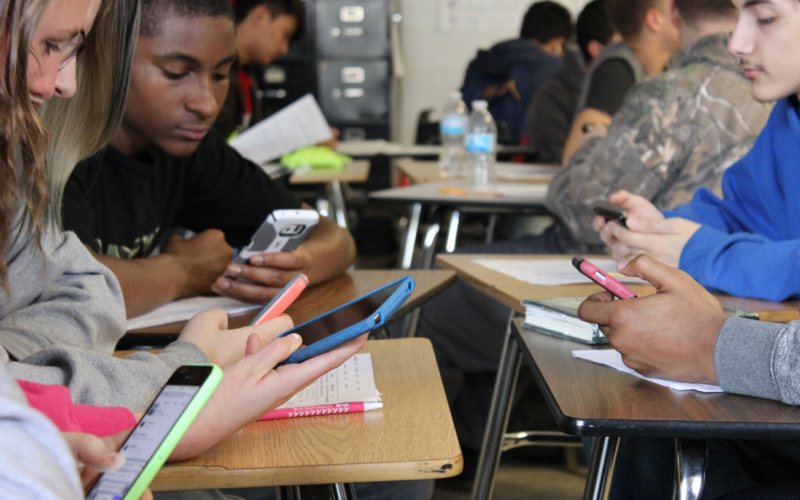In a significant move that has sparked widespread discussions within educational circles, New Zealand is considering the prohibition of cell phones within school boundaries. The proposed ban aims to address concerns surrounding distractions, academic performance, and the overall well-being of students in the digital age.
Educators and policymakers in New Zealand are grappling with the omnipresence of smartphones in schools and their potential impact on students’ concentration and academic engagement. Advocates for the ban argue that unrestricted access to mobile devices may contribute to a decline in students’ focus during class, leading to diminished learning outcomes.
Proponents of the ban point to research suggesting a correlation between excessive screen time and decreased academic performance. By restricting access to cell phones during school hours, they believe students will be better positioned to concentrate on their studies, engage in classroom activities, and foster a more conducive learning environment.
Furthermore, concerns about the potential negative effects of social media on students’ mental health and social dynamics have also fueled the push for the ban. Detractors argue that unrestricted access to smartphones may contribute to cyberbullying, distraction, and a constant need for social validation, all of which can adversely affect students’ overall well-being.
The proposed ban, if implemented, would necessitate a shift in the current policies of many New Zealand schools, where mobile devices are commonly allowed with certain usage restrictions. Schools would need to establish clear guidelines and protocols for enforcing the ban while considering the potential challenges associated with its implementation.
While acknowledging the potential benefits of limiting cellphone use in schools, critics of the proposed ban argue that such restrictions may hinder students’ access to valuable educational resources and tools. They emphasize the importance of striking a balance between leveraging technology for educational purposes and mitigating its potential downsides.
New Zealand’s contemplation of a cellphone ban in schools aligns with global conversations surrounding the role of technology in education. Countries around the world are grappling with similar issues, attempting to strike a balance between harnessing the benefits of technological advancements and mitigating their potential drawbacks within the educational sphere.
It is important to note that the discussions surrounding the potential ban are ongoing, with stakeholders engaged in a dialogue to carefully consider the implications and potential outcomes.








